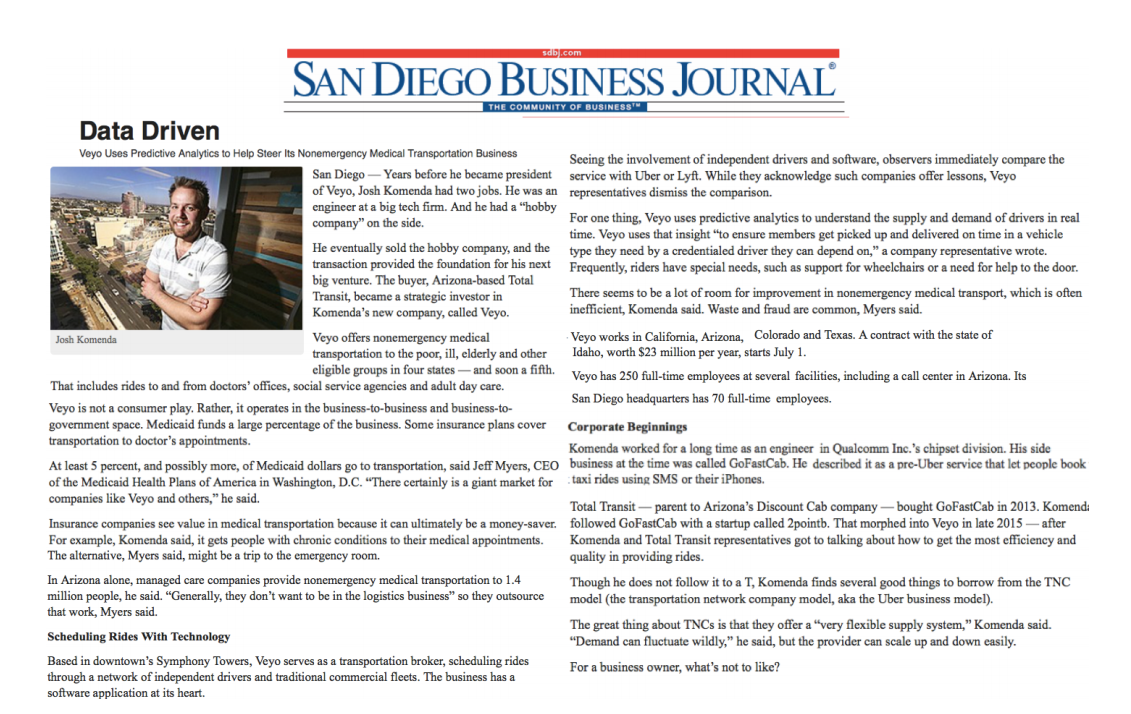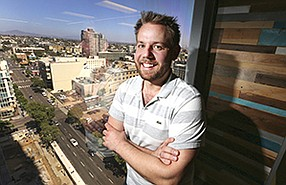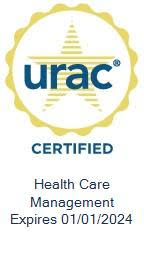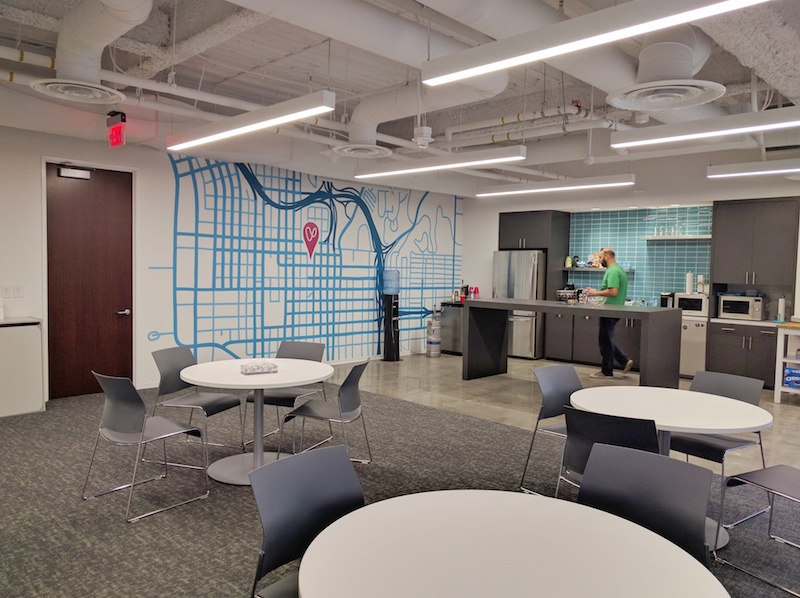Veyo Uses Predictive Analytics to Help Steer Its Non-emergency Medical Transportation Business
July 13, 2016
San Diego — Years before he became president of Veyo, Josh Komenda had two jobs. He was an engineer at a big tech firm. And he had a “hobby company” on the side.
He eventually sold the hobby company, and the transaction provided the foundation for his next big venture. The buyer, Arizona-based Total Transit, became a strategic investor in Komenda’s new company, called Veyo.
Veyo offers non-emergency medical transportation to the poor, ill, elderly and other eligible groups in four states — and soon a fifth. That includes rides to and from doctors’ offices, social service agencies and adult day care.
Veyo is not a consumer play. Rather, it operates in the business-to-business and business-to-government space. Medicaid funds a large percentage of the business. Some insurance plans cover transportation to doctor’s appointments.
At least 5 percent, and possibly more, of Medicaid dollars go to transportation, said Jeff Myers, CEO of the Medicaid Health Plans of America in Washington, D.C. “There certainly is a giant market for companies like Veyo and others,” he said.
Insurance companies see value in medical transportation because it can ultimately be a money-saver. For example, Komenda said, it gets people with chronic conditions to their medical appointments.
The alternative, Myers said, might be a trip to the emergency room.
In Arizona alone, managed care companies provide nonemergency medical transportation to 1.4 million people, he said. “Generally, they don’t want to be in the logistics business” so they outsource that work, Myers said.
Scheduling Rides With Technology
Based in downtown’s Symphony Towers, Veyo serves as a transportation broker, scheduling rides through a network of independent drivers and traditional commercial fleets. The business has a software application at its heart.
Seeing the involvement of independent drivers and software, observers immediately compare the service with Uber or Lyft. While they acknowledge such companies offer lessons, Veyo representatives dismiss the comparison.
For one thing, Veyo uses predictive analytics to understand the supply and demand of drivers in real time. Veyo uses that insight “to ensure members get picked up and delivered on time in a vehicle type they need by a credentialed driver they can depend on,” a company representative wrote. Frequently, riders have special needs, such as support for wheelchairs or a need for help to the door.
There seems to be a lot of room for improvement in non-emergency medical transport, which is often inefficient, Komenda said. Waste and fraud are common, Myers said.
Veyo works in California, Arizona, Colorado and Texas. A contract with the state of Idaho, worth $23 million per year, starts July 1.
Veyo has 250 full-time employees at several facilities, including a call center in Arizona. Its San Diego headquarters has 70 full-time employees.
Corporate Beginnings
Komenda worked for a long time as an engineer in Qualcomm Inc.’s chipset division. His side business at the time was called GoFastCab. He described it as a pre-Uber service that let people book taxi rides using SMS or their iPhones.
Total Transit — parent to Arizona’s Discount Cab company — bought GoFastCab in 2013. Komenda followed GoFastCab with a startup called 2pointb. That morphed into Veyo in late 2015 — after Komenda and Total Transit representatives got to talking about how to get the most efficiency and quality in providing rides.
Though he does not follow it to a T, Komenda finds several good things to borrow from the TNC model (the transportation network company model, aka the Uber business model).
The great thing about TNCs is that they offer a “very flexible supply system,” Komenda said. “Demand can fluctuate wildly,” he said, but the provider can scale up and down easily.
For a business owner, what’s not to like?
Josh Komenda
Josh is the President of Veyo. Before launching Veyo, he was president and co-founder of 2pointb and GoFastCab (Acquired by Total Transit), the creator of one of the first mobile ordering solutions for the taxicab industry. On the weekends, you can find him checking out a new hip restaurant in town, sipping a craft beer from one of San Diego’s micro-brews, or on a bike ride up the 101 in North San Diego County.






